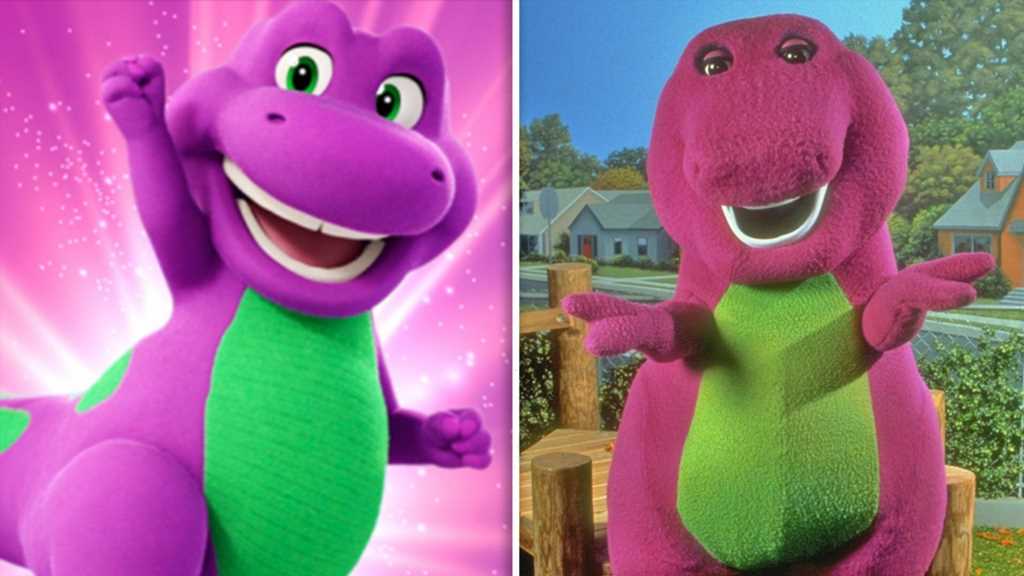‘Here are some phrases you shouldn’t say to your teenager,’ says the specialist psychiatrist sitting in front of me.
I eagerly take note and discover – with absolutely no surprise whatsoever – I am guilty of uttering them all.
For example, who knew we should avoid saying: ‘I just want you to be happy’? And I thought relating my teenager’s problems to my own experience would be helpful. But apparently not.
Minutes later, I am armed with new information about my teenager’s brain. I’ve learned how she might interpret language differently, and why she might react the way she does to certain expressions – feeling pressure to be ‘happy’ all the time (impossible) or feeling that her individuality is threatened (because she’s ‘just like me’).
Best of all, I feel a little better about my chances of having a successful conversation on the matter of the pile of dirty plates currently building on her desk. And her floor. And pretty much every other available surface.
It probably seems sensible to see a struggling parent seeking professional advice. But what may surprise you is that I am not sitting in an office paying £100 an hour, but on my phone, scrolling through TikTok.
This talking tips helps your teen feel more comfortable engaging. #parenting #parentingteens #talkingtips
I know what you’re thinking. What on earth is a 44-year-old woman doing on TikTok? It’s the platform for the young ’uns; it’s superficial, silly and a waste of time. Believe me, until recently, that’s what I thought too.
When my colleagues encouraged me to give it a go, I scoffed.
‘You’ll never persuade me to go on there’, I thought. It was a hill I’d die on. No more social media sites, no more strategy, no more reaching out.
Yet, in a U-turn of almost governmental proportions, a couple of days later I thought – well, it can’t hurt to give it a try…
And you know what? I got so much more than I bargained for.
TikTok has become this exhausted, time-poor mum’s go-to parenting guru.
The platform presents users with a range of content that, over time, becomes more tailored to their preferences. When flicking away from yet another video on blackhead squeezing (revolting, but weirdly compelling) I came across Dr. Lucie Hemmen. Then a mum called MrsMac who makes relatable parenting skits. I followed, and soon, more parenting content hit my screen.
Until a couple of years ago, I thought I had the parenting thing pretty much sussed. I have five kids aged between the ages of seven and 13, so my life is one constant, precarious juggling act. However, in their younger years, I knew that as long as I worked hard enough, I could get all the bags packed, homework done, meals prepared and – crucially – keep the little blighters happy.
I’d go to bed exhausted, but confident that I’d done the best job possible.
But, as many parents find, it’s easier to be a great parent to a younger child. Most problems can be cured with a trip to the park, chocolate or a cuddle on the sofa. Rules are easy to enforce. And even on nights they struggle to sleep, you’ll still probably be free to decompress from 9pm.
Yet, as I’ve discovered, once your kids reach the tweens and teens, it’s a whole different ball game. They become complicated humans in their own right.
Problems are suddenly bigger than chocolate, and cuddles are a big no-no.
Methods that you’ve tried and tested on one, won’t work with another. Your brilliant idea is looked at with derision. You no longer ‘understand’. You are a sounding board for frustration and most things become ‘your fault’.
Over the past couple of years, parenting for me has become a game of whack-a-mole – no sooner do you solve one problem, then two more crop up. You have no chance of winning them all. The result? Frustration that your well-meant words of wisdom were derided or dismissed. Feeling like a failure most of the time.
Thankfully, TikTok has gone some way to improve my parenting lot.
I have discovered sage advice from mental-health professionals, who have offered tips both for me and my offspring. For instance, did you know replacing ‘if’ instructions (for example, ‘if you tidy your room’) with ‘when’ (‘when you tidy your room’) helps to avoid conflict? And my kids now know to ‘breathe to the count of four’ when they’re feeling nervous.
But I have also learnt from the posts and skits of other mums out there, sharing parenting mis-steps; finding common ground with strangers, or simply laughing together at the frustrations of being a mum.
One parent recently shared his son’s one-syllable text messages in the style of ‘inspirational quotes’, another played out a conversation with her teenage daughter that was both hilarious and relatable. Comedy routines reassure me that I’m not the only one struggling to get a vegetable into their child’s diet.
With my teen, I now know not to take it so personally when she doesn’t want to hug me (it probably makes her feel younger and more vulnerable), and that putting a Post-it note on the pile of plates rather than constantly reminding her is a way of getting what I need while avoiding confrontation.
I’ve also learned about myself – how my inability to say ‘no’ to my kids at times stems from me being a people pleaser (something I probably learned in childhood).
Mums on TikTok are real. They’re not aspirational. They’re honest about their flaws and their faux-pas. Knowing that other mums are going through just the same things as I am makes me feel a bit more confident about my parenting prowess.
It’s not the perfect parenting book, it’s no replacement for real-time with a psychologist, it’s not going to change my world completely. But the little hints, tips, useable advice and sense of comradery I’ve found on the Tok has smoothed some of the bumps in my parenting road,
It’s at least made me feel a little less like I’m the worst mother in the world.
One French Summer by Gillian Harvey is out now.
Do you have a story you’d like to share? Get in touch by emailing [email protected].
Share your views in the comments below.
Source: Read Full Article




